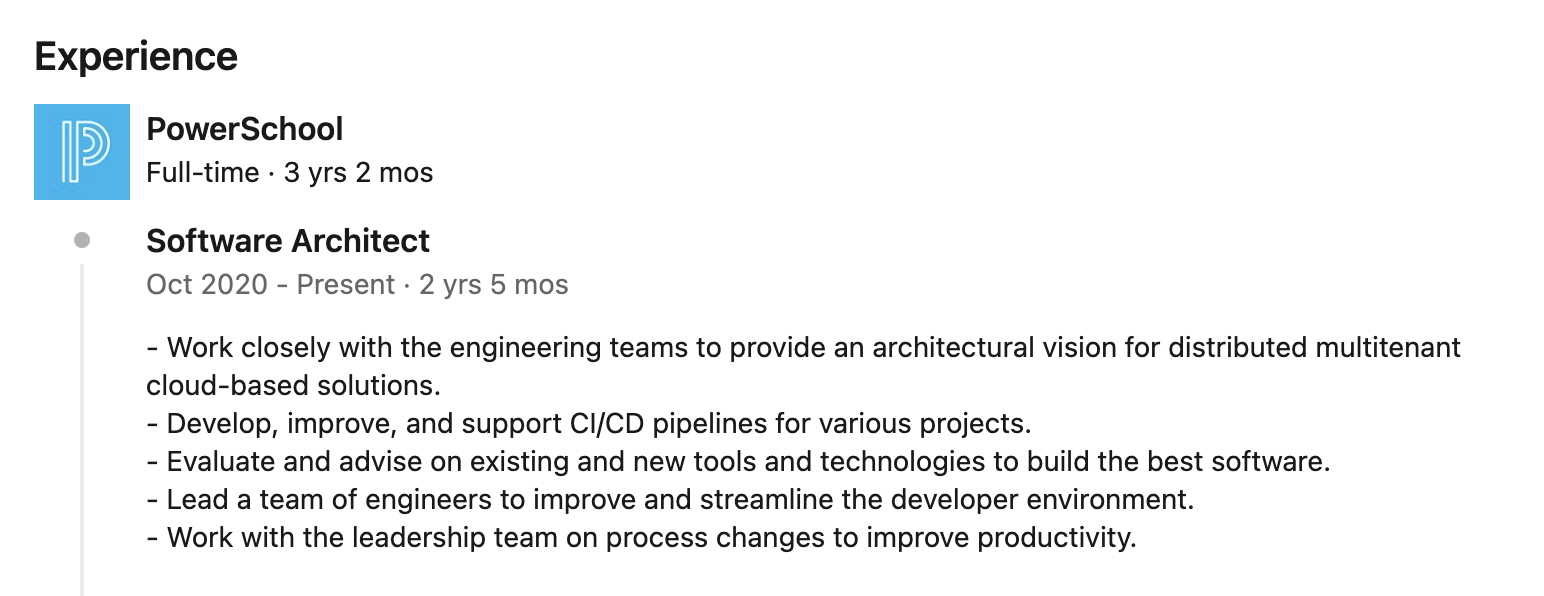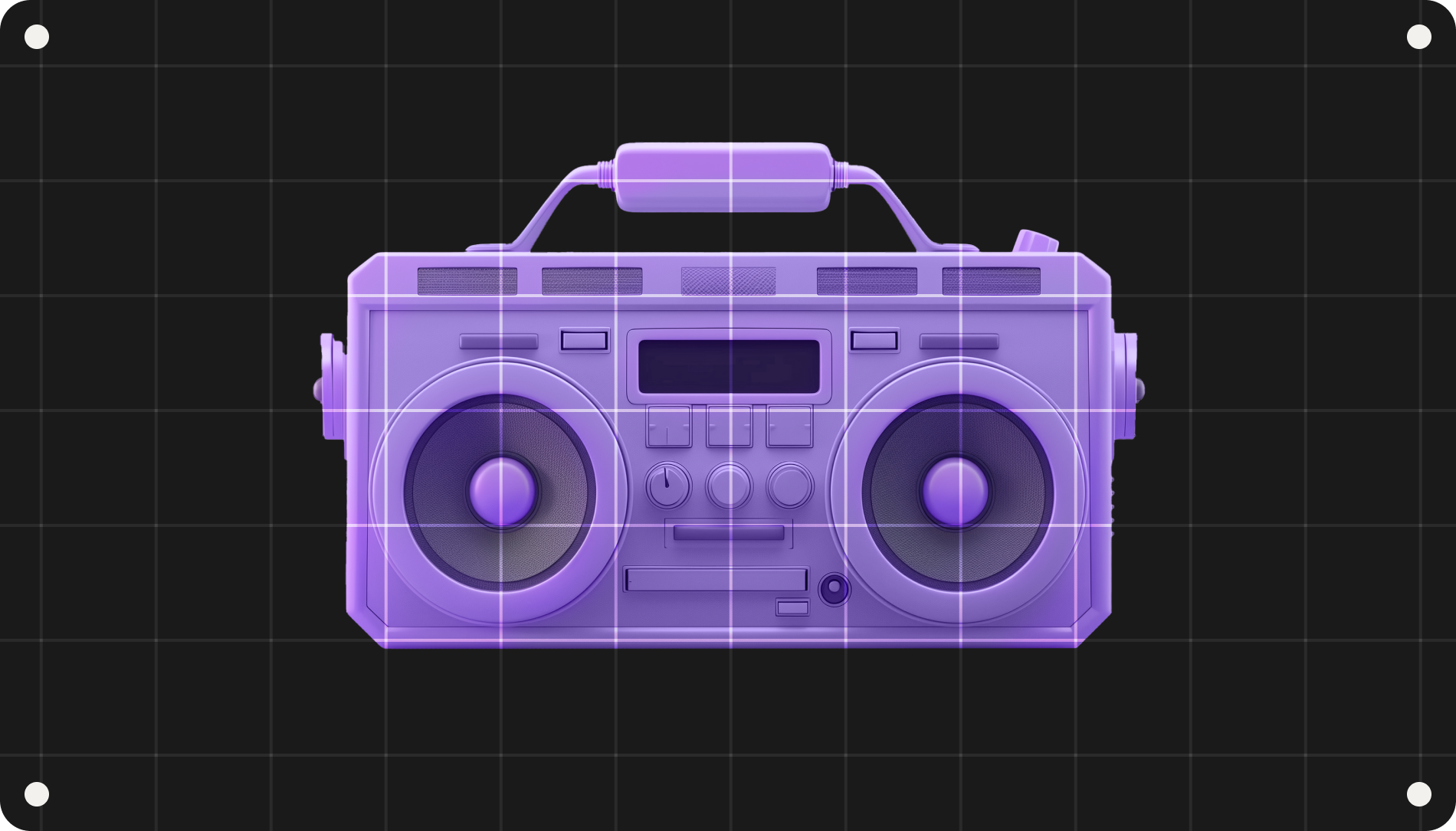You’ve probably heard that soft skills are required for a software engineer, but what exactly are they? Why are they important? How can you acquire soft skills and showcase them during a job interview? Let’s look into all these points and discuss how soft skills can help boost your tech career.
What soft skills are valued in tech?
While hard skills are what you do, soft skills are how you work with others and on your own.
“We often see students that still have technical skills to work on, but possess great qualities in communication with the company executives. If they are confident that they are a perfect cultural match, their lack of technical skills will not prevent them from being hired,” shares Ana Mineeva, TripleTen Career Product Lead.
Based on our tutoring and industry experience, we’ve selected the most sought-after soft skills in tech.
Communication
Collaboration with the team makes it easier to deal with challenges. If you have a roadblock when working on a ticket, communication with the right team member will be your top call. No matter how professional you feel, there will always be a problem you cannot solve on your own. This also works the other way around: pairing for code review or being delicate in pointing out others’ mistakes, is highly appreciated.
Being an attentive listener and respecting others' time is also part of communication. When working as a software engineer, you’re not only expected to write neat code but also have the ability to address issues correctly. Not all tasks will be thoroughly explained from the beginning, and you are the one who has to clarify things on the way.
Problem-Solving
The basic idea of programming is problem-solving. Any programmer creates logical chains, or algorithms, as a solution to problems. In a test-driven development, also known as TDD, writing all possible tests that fail for the feature anticipates the code itself. So your first question will be, what can go wrong here?
Be ready to take responsibility and have the patience to find problems and solve them. Some flexibility of the mind, creativity, and out-of-the-box thinking can also be helpful when trying to find solutions.
Patience
Writing lines of code or tracing hidden errors that make the whole app crash also calls for patience. There is a joke that software engineers don’t need feet. Losing patience is okay as long as you know the techniques to recover. Stay calm and take care of yourself!
Patience also helps avoid rash decisions, especially in client-faced environments. When clients send edits or multi-stage processes are being discussed, it is important to stay calm and focused and give others space for thinking and making decisions.
Self-Awareness
Self-awareness is good knowledge and judgment about yourself. This means one is conscious of personal strengths and weaknesses and knows how to convert the latter to growth points.
Admitting mistakes is also one of the compounds of self-awareness. You’re not a machine – empathy makes you human. Facing constructive criticism with an open mind helps you learn and stay appreciated where you are.
Emotional Intelligence
Emotional intelligence is the ability to perceive, interpret, control, evaluate, demonstrate, and use emotions to communicate with others effectively.
The first side of emotional intelligence is understanding other people's feelings and emotions. Your team members all live different lives and vary in temperament. Creating professional bonds with others is difficult without mature emotional intelligence.
The second side of emotional intelligence is the ability to manage your emotions. We often act spontaneously because of anger, stress, or impatience. Emotions shouldn’t be a dealbreaker at work. With emotional awareness, we can ask for a timely day off and, as a result, make balanced decisions.
Time Management
Every process in software development has its cost per hour. And each company wants to profit, not quarrel with its bread and butter. Hence why a software engineer is supposed to not only adhere to the sprint schedule but to deliver in a timely manner, which also contributes to acute planning.
Conversely, being poorly organized and leaving work after hours or working intensively before deadlines can cause severe burnout for a software engineer. Your brain is gold, so don’t load it with unnecessary stress caused by poor planning.
Teamwork
Software development has always been a team sport. Even an independent developer gets to collaborate with designers or customers. Complex products need complex solutions, so being aware of your strengths as a team player is worth mentioning during an interview. It’s hard to succeed alone, so enjoy the benefits of it.
Accountability
Accountability is an individual's choice to ignore obstacles and demonstrate the involvement necessary for achieving planned results. The right attitude to your mistakes is a soft skill that is not gained immediately. However, do not underestimate it. It is a super effective tool for moving up the ladder. If you lose, don't lose the lesson.
Adaptability
Adaptability is evaluated by HR managers as one of the top skills for software engineers. Being ready to improve the product, change course, get bombed by feedback, and apply minor fixes. Adaptability includes the willingness to learn and develop. Even being a specialist in a popular programming language does not exclude your constant development in trends, like Web3 or AI technologies. Be open, be adaptive.
Self-motivation
Self-motivation is the ability to motivate yourself within a routine, recharge oneself with positive work energy, and reach goals without exhaustively thinking about them.
Subscribe to the Youtube channels of successful senior software engineers or join communities of other professionals to get inspired. Coding is hard intellectual work, don’t forget to find a spark in it.
How to develop your soft skills
Soft skills can be trained, just like muscles. Ana says, “Training your soft skills is equally as crucial as getting technical knowledge. We teach students how to reply to business emails, and how to handle team management and business communications. Coaches work with students to give them insights on interacting with the business world.”
First, identify which skills you naturally have, and which will take some effort to obtain.
Check your strengths
Start with evaluating your soft skills. Ask your friends and colleagues to give feedback and testimonials on working with you. It doesn’t matter if that experience comes from the tech field or not.
Questions to ask yourself and others can look like:
- What work do I handle naturally and enjoy the most? Solving complex problems? Applying structure to things? Helping others? Negotiating the best deal?
- Can you remember a situation when our collaboration was most fruitful?
- What did you like the most about working with me?
Feel free to present positive feedback as your strengths. Another way to list your strengths is by going through a test in the resources like High5Test that help you identify things that interest you the most and that you are good at.
Weaknesses are detected through activities that you don’t like or that challenge you most. Awareness of both demonstrates a person with a high EQ.
Step outside your comfort zone
Everyone shows great results in a safe and comfortable environment, for example, surrounded by friends. However, your dream job may hide somewhere outside your comfort zone. So are the skills needed to land one.
Speak to people that already got hired for a similar position to find those hidden points of interest and make sure you have them, too. Youtube has hundreds of videos of software engineers sharing their experiences on how they got hired or how they work for their current employer. Some prefer writing blogs on Medium or LinkedIn. You can always ask a question in Stack Overflow or other communities.
Engage in internships and trials
Training is the best teacher. This gives you an opportunity to invest in your soft skills’ improvement while also allowing you to receive recommendations and feedback for your future role.
You may find volunteering opportunities or internships by applying to a junior-level freelancing contract on Upwork or Fiverr , or by looking them up on LinkedIn. You can also find a fixed-hours gig for a software development startup or take part in creating a pet project with your friends.
Find a mentor to guide you
As a junior software engineer, you will find it most helpful to rely on the help of a senior fellow to ask questions when you’re stuck, get insightful career advice, or simply extract knowledge to progress. This person can become your mentor, too. One day they can help you get out of an emotional burnout or prevent you from quitting.
If you went to school or attended courses to learn software engineering, rely on the communities around you. TripleTen always supports our students by connecting with graduates and working professionals.
Other forms of mentorship are career advisors, coaching, or psychological support.
One of our graduates, Rebecca, was frightened to apply for a job, thinking she was underqualified. But when we reviewed her profile during the Career Acceleration program, we discovered interesting, relevant experiences. These aha-moments come when the coach helps the students to assemble a CV, and they understand that they have much more experience than they thought. That’s why our Acceleration Program always has a lot of great feedback. Anastasia Cherepanova, TripleTen Career Product Lead
How to show your soft skills on your resume
You can start demonstrating your professionalism to a hiring manager by adding soft skills to your software engineer resume. This can improve your chances of being noticed.
Make a list of all the soft skills you possess. Then look at the job description and skills required. Get more information about the workplace culture: check the company’s website and social media, read reviews, and try to send a message to their employees on LinkedIn. This will help you to get an idea of the culture and choose the top five soft skills to match.
Add some skills in the summary. Use the skills section with bullets for the specific experience you could not show in your employment history. The point is to itemize soft skills that can stand independently, such as decision-making or presentation.

Mention soft skills that helped you in your previous jobs in the Experience section. Write about what qualities contributed to your accomplishments instead of just listing your job responsibilities.
How to show your soft skills in an interview
Soft skills can become a decisive factor during a job interview. In most cases, the interviewer will not ask you directly about them, so be ready to structure your answers so your mastery of them is on full display.
When discussing cases, mention what you did and how you achieved it. For example, you can talk about soft skills that helped you most when overcoming obstacles in a work situation.
Teamwork and collaboration become obvious when you use “we” instead of the constant “I.” For instance, when you speak about the company's progress when you were part of the team, say “we”: “We launched the beta version of the application and ran six sprints intensively improving it based on users’ feedback.”
Use “I” when it is necessary to present your ideas, creativity, or responsibility or need to acknowledge difficulties, mistakes, or challenges. For instance, “Once I started working, I understood I had to learn DevOps to support the continuous deployment, so I took an extra hour after work to get a certification.”
To keep it simple, all soft skills are interconnected, and by mentioning one, you show another. Take the time to think about the best way to present them since it will be a great investment in the future.
A path in tech may be exhausting sometimes, but you’re on the right track! Boost your soft skills with a TripleTen bootcamp, where all programs are accompanied by attentive career coaching and profound interview prep.
.png)










.png)






